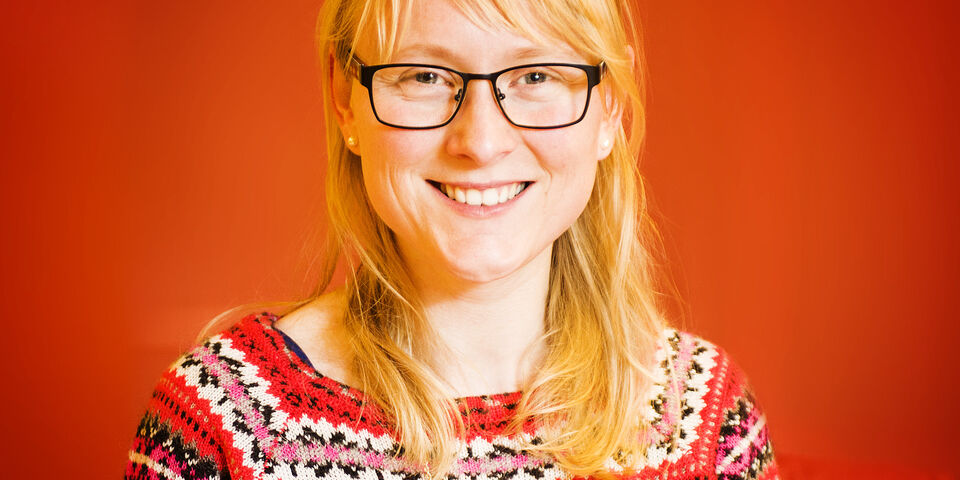During her chemistry studies in Nijmegen Boukje Huijben worked together with others on so-called thin-film solar cells, she explains. “We even obtained a world record for their efficiency. That was fantastic, of course, but at the time I also asked myself at once how we could ensure that this technology would actually be applied in society.” Keeping that thought at the back of her mind Huijben in the Master’s course chose Management and Technology and decided to attend a second Master’s course in environmental sciences.
After having completed both Masters cum laude, she worked a couple of months as a chemistry teacher. It whetted her appetite: during her PhD track at TU/e (in the System Innovations and Sustainability Transitions group) she obtained her University Teaching Qualification (BKO) and gave workshops in Hungary and Italy for starting entrepreneurs in the sustainable energy and mobility sectors.
Although she may one day end up teaching pupils at a secondary school, for the time being she can teach project managers of startups, municipalities and energy companies about business models as a postdoc. “I do this within the framework of the Energy Transition Lab of the Eindhoven Energy Institute. There is knowledge transfer taking place in two directions, for that matter, because those workshops in turn teach us a great deal about the market.” In any case she has made a name for herself internationally as a PhD candidate: she has the honor of being the Dutch representative for business models and services for energy saving at the International Energy Agency (IEA).
The Netherlands displays a drifting policy in solar energy
In comparison with the Flemish government, the Netherlands has pursued a drifting policy as regards solar energy, with varying subsidies and arrangements, Huijben explains. “In Flanders it was clear: you could earn green power certificates which yielded a fixed amount. This has given Flanders a head start on the Netherlands. Nevertheless that arrangement in Flanders was stopped a few years ago because it was too costly, after which the market stagnated. The criticism expressed was that not everybody had the opportunity to profit from the subsidies.”
There is a similar situation in the Netherlands with the netting scheme (according to which you can deduct the power transferred back from your own consumption): if you do not have a roof for solar panels yourself, you cannot profit from this. “True, a postcode rose arrangement was set up, whereby you could take part in a production plant near your own dwelling, but it does not appear to be successful. And the drawback of netting is that it does not encourage bulk consumers to generate solar energy: it is not profitable for them because they pay much less and consequently get much less back. This is heard too little in the political discussion.”


Discussion